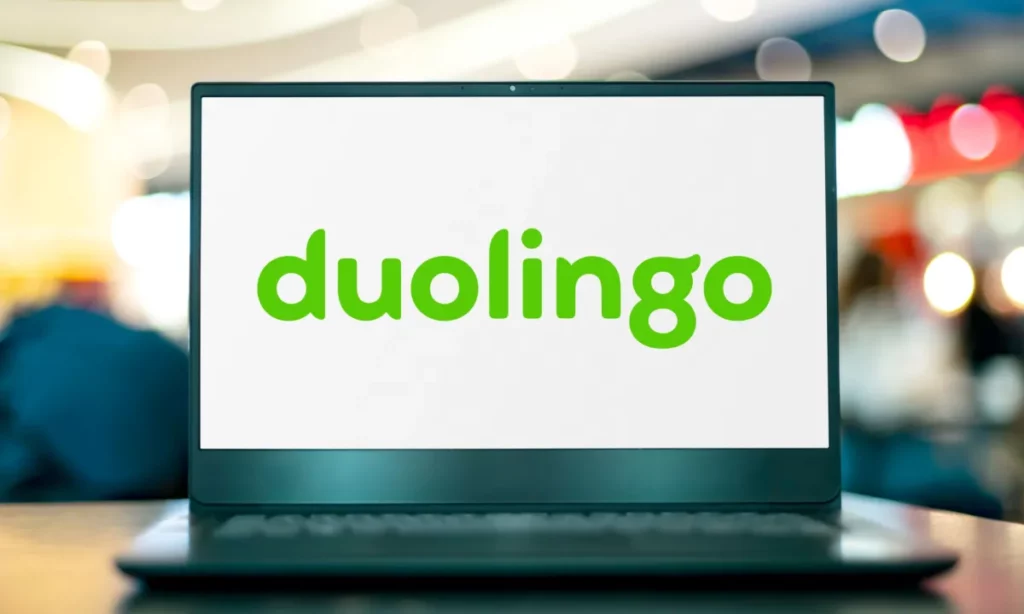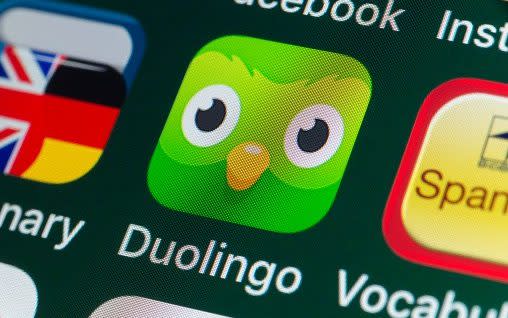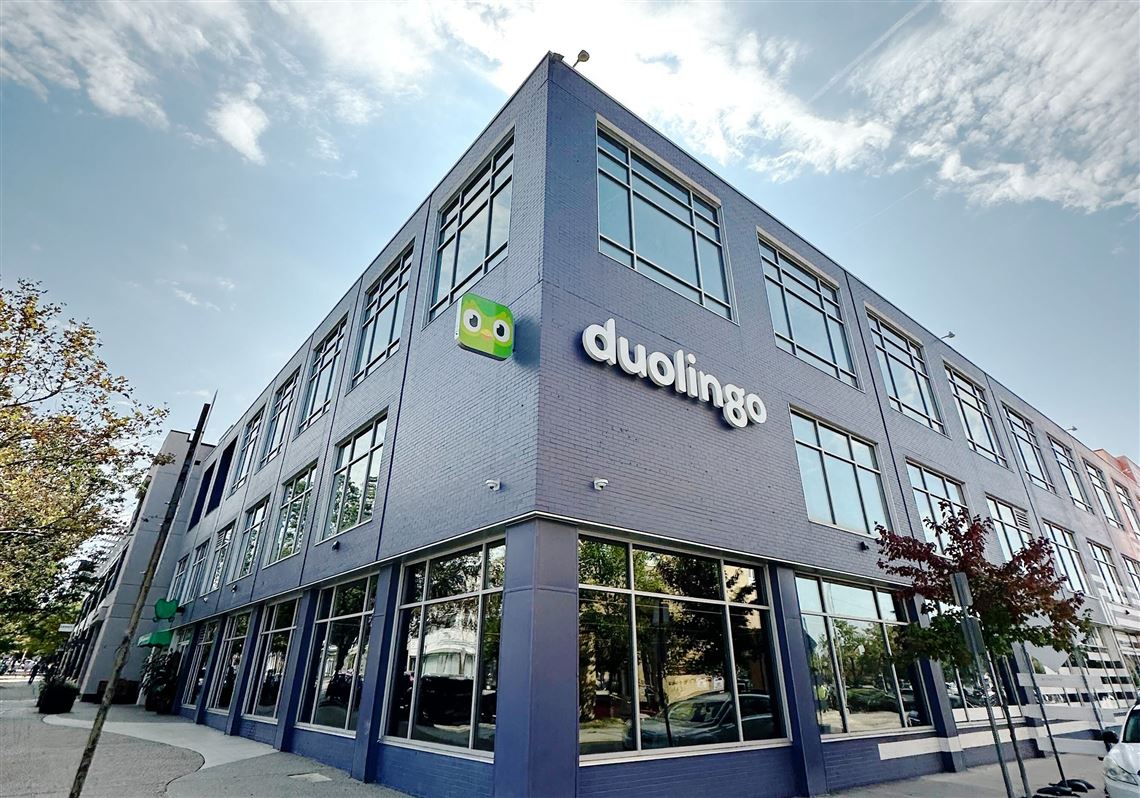- Duolingo Inc. has fired 10 percent of its contract workers.
- The company is using AI for tasks such as text, speech, and image creation.
- They say that the contractors were offboarded as they no longer needed them given their shift to AI.
In the forever-ongoing debate of ‘Will AI take over human jobs?’, artificial intelligence seems to have scored a point given Duolingo‘s unforeseen move. The language-learning software company is in the news for firing 10 percent of its contract workers in the pursuit of shifting toward AI tools to handle tasks traditionally carried out by human workers.
Ever since ChatGPT’s launch, AI took center stage which concerned people. Everyone was worried that the emerging technology might be coming for their jobs. While some experts believe that AI will enhance human jobs and allow them to focus on better tasks, others say that it might completely replace humans at their workplaces. And the latter seems to be turning into a reality with Duolingo’s move.

Duolingo Inc is one of the many companies to use generative AI for content creation. According to a Bloomberg report, a spokesperson from the company said “About 10 percent of contractors were offboarded. We just no longer need as many people to do the type of work some of these contractors were doing. Part of that could be attributed to AI.”
The company further stressed that “these are not layoffs,” stating that contractors had simply been “offboarded” after finishing their projects at the end of 2023. The company also reportedly said that no full-time employees were affected and that it turned to “off-boarding” as a last resort when alternate roles for affected staff could not be found. The report also added that not all of the layoffs were driven by technology.
Also Read: Microsoft Adds A New AI Key For Its Copilot Tool, A First in 30 Years
Entering The AI World
In a recent shareholder letter, Duolingo CEO Luis von Ahn revealed that the company is using generative AI to enable faster creation of text, speech, and images. This AI-driven approach allows the company to produce content, like language-learning show scripts, at an accelerated pace. The company has also integrated AI-generated voices within its app and introduced a premium tier, Duolingo Max, featuring AI-generated feedback and multilingual conversations powered by OpenAI’s GPT-4.
The letter also suggested that the platform had 24.2 million daily active users at the time, with 5.8 million on paid subscription plans. Duolingo will be increasing its use of AI to perform tasks such as creating sentences for courses, producing lists of acceptable translations, and reviewing user error reports to correct mistakes quicker.
The company reportedly said that humans will still be used to check AI-completed work. It explained that AI will be used to increase productivity and efficiency, add new content, and improve its courses faster to cater to higher proficiency levels. The new AI-driven features provide language learners with conversation practice and in-depth explanations of answers.
“AI accelerates our mission to make high quality education available to everyone in the world. The things that we can do now with the power of OpenAI’s technology are going to shape the future of education,” said Luis von Ahn.
He expressed confidence that AI would help to recreate the experience of a human tutor and scale it to everyone in the world. This move comes as the platform looks to make education more effective, affordable, and engaging. For example, the custom AI was able to help users find the right course level and tailored lessons, along with personalised feedback.

The Contractors Ordeal
Reports of Duolingo’s job reductions first arose late last December, when a person claiming to work at the company stated that it had cut a significant number of its contracted translators in favour of AI. “I worked there for five years,” they wrote on the r/Duolingo subreddit.
“Our team had four core members and two of us got the boot. The two who remained will just review AI content to make sure it’s acceptable.” Regardless of the exact terminology used for the cuts, Duolingo’s latest move appears threatening to anyone who is anxious about AI taking their jobs.
The Concerns Towards An AI-Driven Corporate World
The move towards generative AI has sparked discussions and concerns amongst employee groups and unions about potential workforce reductions. A World Economic Forum report in April last year highlighted the anticipated “significant labor-market disruption” due to AI over the next five years. It so happens that Duolingo is not the only company that has announced layoffs due to AI.

Chegg Inc, specialising in online homework-help services, announced a 4 percent reduction in its workforce in June 2023, following the integration of AI into tutoring services. Meanwhile, International Business Machines Corp CEO Arvind Krishna had said in May last year that the company expects to pause hiring for roles that AI could potentially replace in the coming years, with a focus on automating 30 percent of back-office jobs like human resources over a five-year period.
The boon of AI is that it is capable of assisting many jobs, making it more efficient and easy while expediting the process. But this boon seems to be shaping into a more prominent threat when AI ends up replacing humans altogether making them jobless and rendering their skills obsolete. What do you think companies should do to balance AI advancements with the retention of employees?


